Are you satisfied with the current culture? What would motivate you to explore ideas and strategies for shifting culture in your family, workplace, neighborhood, community, state, nation, and the world? SOSSAS is excited for our new classes coming in April and May that will expand your mind, knowledge, and skills in creating the COMMON GOOD. Research shows that 83% of Millennials in the workforce identify the culture of an organization of people (humans) as the most important aspect when choosing a position, more than pay and benefits. But what is culture? Where does it come from?
Culture is defined as “the customary beliefs, social forms, and material traits of a racial, religious, or social group”. Culture includes all groups with formal and informal membership. Culture encompasses five main elements: values and beliefs, norms, symbols, language, and rituals. Aspects of culture surrounding language include body language, spoken word, and symbols. When I first started teaching a large lecture class at Colorado State University, the syllabus included this concept of culture in the way we dress to express ourselves. As I was preparing for the fall semester, I found a large gathering of motorcycle riders in Winter Park. They had driven from Sturgis to attend a concert. They wore black leather for safety on the road, and beyond that each person had a personal story, self-expression on their vest, jackets, and headwear. Some were veterans of the Vietnam War; others were classifying themselves with the color of their skin. Many of the riders wore emblems of their faith-based beliefs on their jackets. All were informal members of a social group of motorcycle riders, a machine made by Harley Davidson. I was intrigued with this culture of people that I had no knowledge of. I asked questions, took pictures, interviewed many of the vendors, and learned so much that day. I suspended my judgments, my preconceived notions and assumptions about the people who rode. The students enjoyed the lecture and the trip through a different culture.
My life has been full of immersing myself into unknown cultures from my foreign exchange French student program in Switzerland in the early 70’s to my doctoral research in the Highlands of Guatemala to work with Mayan weavers. Being involved with fashion has always meant having an open mind to new subgroups, new avant-garde styles that may shock my personal ideas of appropriateness, style, taste, and many times function, fit, and aesthetics. I learned early on that creativity expressed is beautiful and to try to judge it as good or bad; acceptable or unacceptable was to deny the person (human), the uniqueness that created the design.
Over these five weeks we will explore the idea of culture, what does it mean for Me, what does it mean for You. How do we create a Whole Culture of US? What would that look like? How can we transcend what separates us to appreciate our differences, our ways of looking at the world, our unique customs and beliefs that have come with generations of family?
There is currently great research about ‘Organizational Culture’. Everyone is talking about it and wanting it. Culture-building has become a new approach, one in which everyone in the organization is responsible. “In this context, culture can be defined as the ways people in the organization behave and the attitudes and beliefs that inform those behaviors including formal, stated norms as well as implicit ways people work and interact. At many organizations, there is a gap between the existing culture and the ‘desired’ culture – the culture needed to support and advance the organization’s goals and strategies.” (Yohn, 2021, Harvard Business Review)
It seems in today’s world we box ourselves in with labels that describe us and give us identity with a social group. We have work to do to evolve to the civil understanding that we are each a unique creation, a design that is built by the beliefs and customs that were taught to us as we grew, the experiences we each uniquely had in our years, our feelings and emotions about all that has happened in our life, and ultimately our cognitive understanding of life and our position, roles, responsibility, and accountability for all that we have gained as a human. We each can ‘create evolved civility’ within ourselves first, and then share our uniqueness and perspectives with others. I know personally that what is good, what works well in our lives, our values, our priorities, our hope is common between us and among us. That is why we titled this series of classes ‘Common Good’. We will focus on the best of us, ‘beyond the box’ that has been created for us with identity, labels, skin color, religion, political parties, to our unique and individual humanness. We will center on one of the tenets of Statesmanship, everyone’s voice is heard, everyone’s thought matter, and everyone’s humanness is valued.
These classes will work on strategies, skills, and effective communication that embrace the ideas of your voice and thoughts beyond the selfishness of ‘having your own way’. How can we create a culture that is good for the Whole because the Whole is Greater than the Sum of the Parts? How do we practice respect for others as we listen to differing perspectives, how do we increase empathy as we learn each other’s stories, how do we ‘connect the dots’ and ‘harmonize the contrasts’ to envision a future that we all want to live in?
Join us for this powerful series of classes as enjoy the new skills and habits that will enhance your inspirational leadership position in your own family, workplace, neighborhood, community, nation, and the world. Learn the shared responsibility approach to culture-building with others who are on the same path…breaking out of the four walls of identity that have boxed you in to a live ‘beyond the box’.

